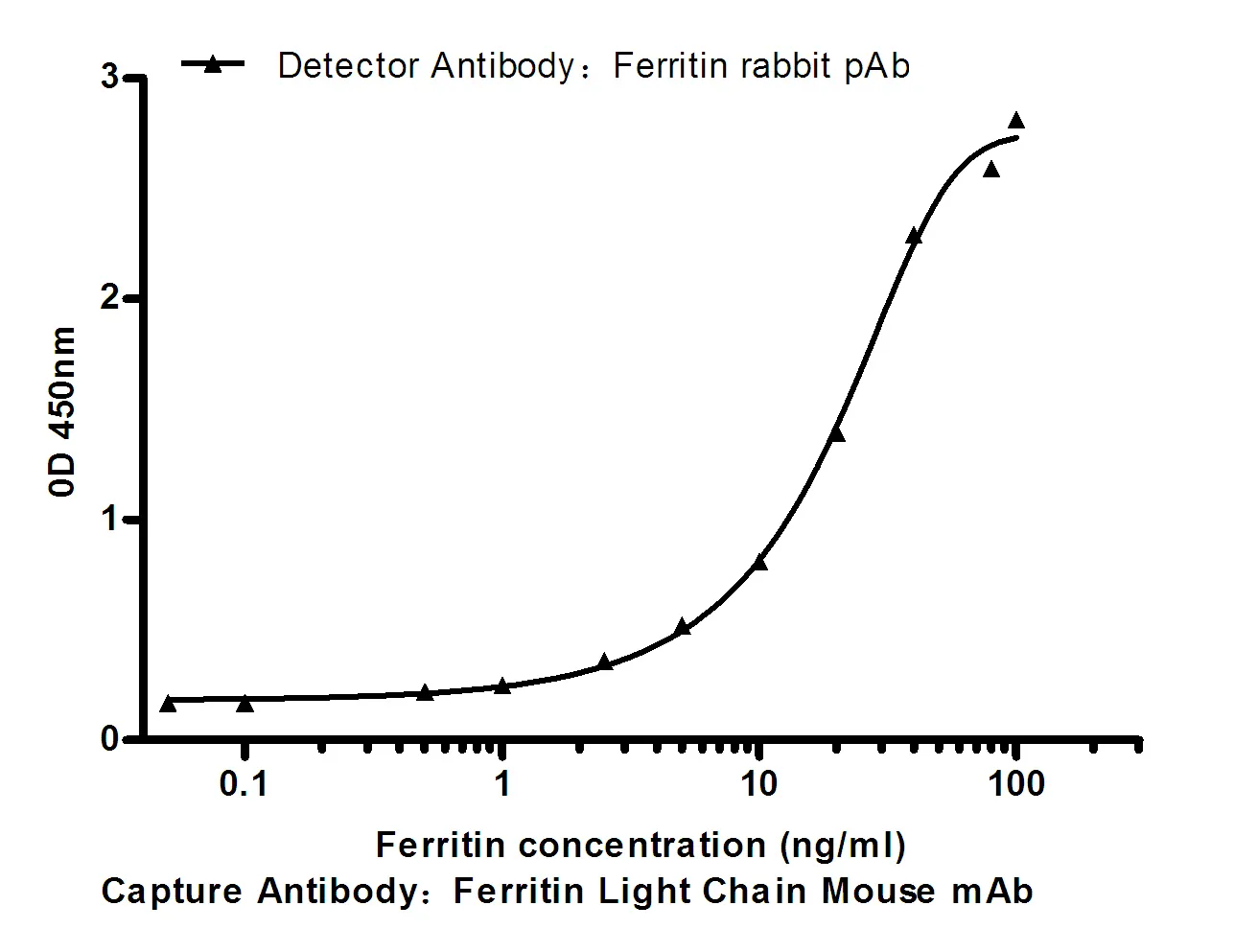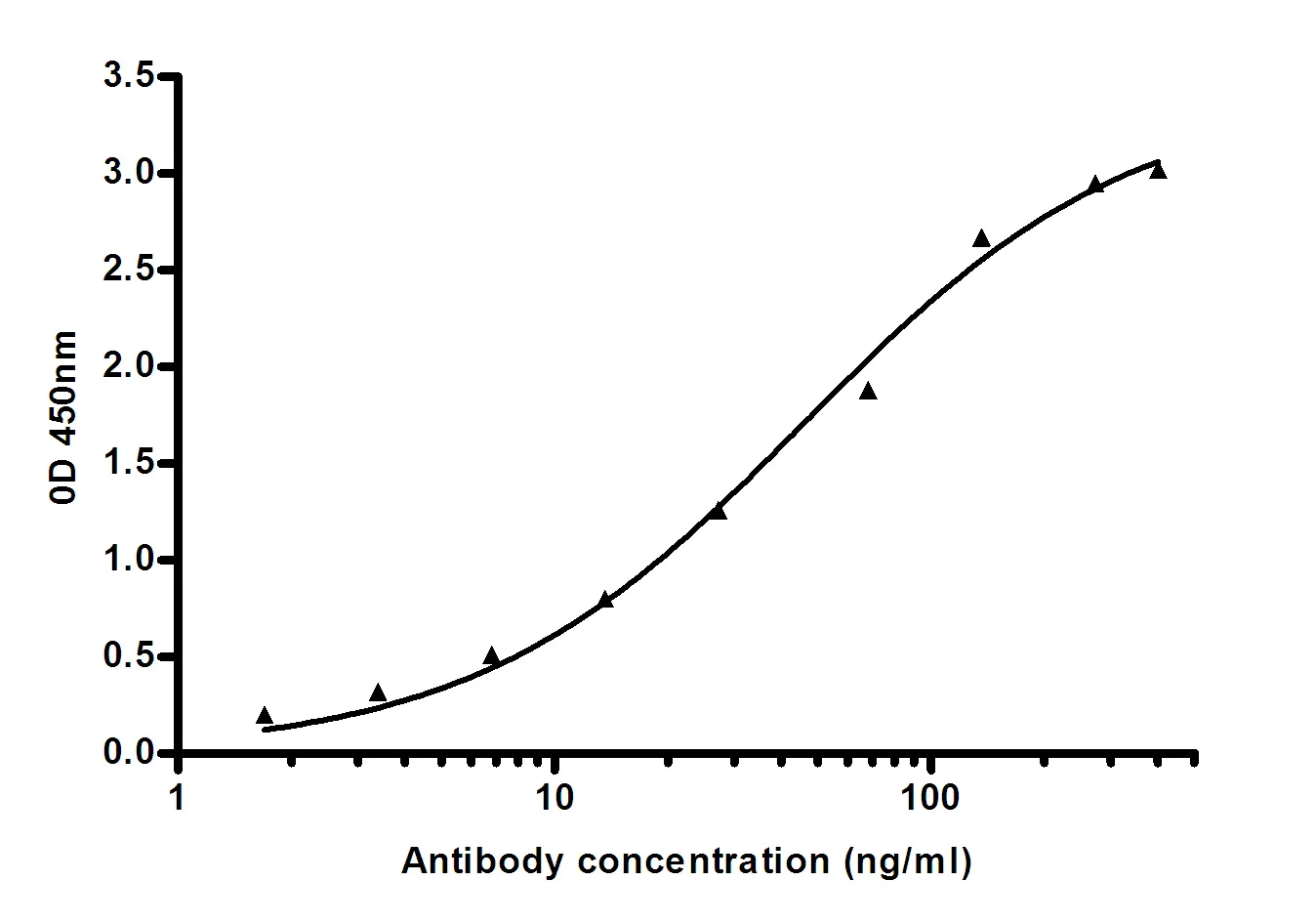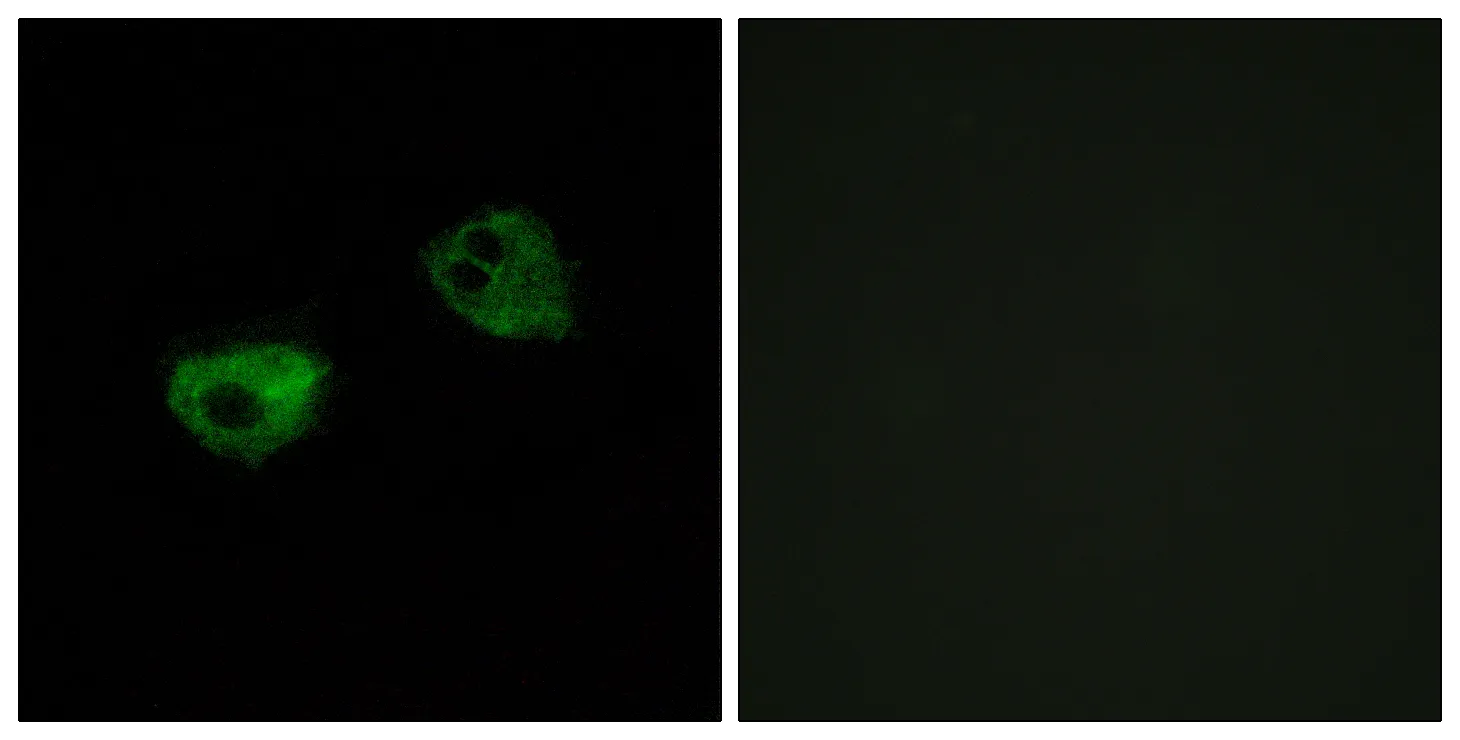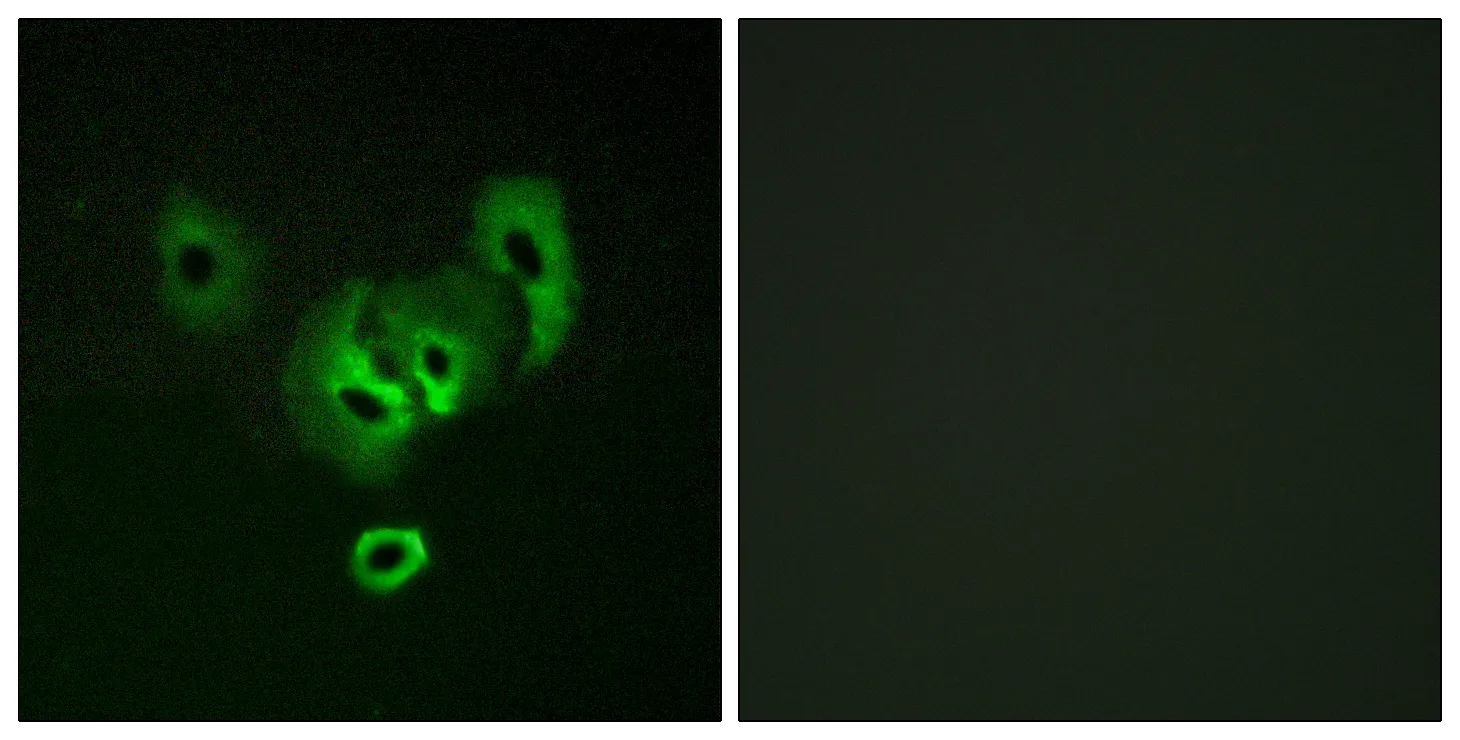Summary
Performance
Immunogen
Application
Background
Eukaryotes contain two protein translational systems, one in the cytoplasm and one in the mitochondria. Mitochondrial translation is crucial for maintaining mitochondrial function and mutations in this system lead to a breakdown in the respiratory chain-oxidative phosphorylation system and to impaired maintenance of mitochondrial DNA. This gene encodes one of the mitochondrial translation elongation factors, which is a GTPase that plays a role at the termination of mitochondrial translation by mediating the disassembly of ribosomes from messenger RNA . Its role in the regulation of normal mitochondrial function and in disease states attributed to mitochondrial dysfunction is not known. Alternative splicing results in multiple transcript variants encoding distinct isoforms. [provided by RefSeq, Jul 2013],translation, mitochondrion organization, cellular component disassembly, mitochondrial translation, ribosome disassembly, macromolecular complex disassembly, ribonucleoprotein complex disassembly, cellular macromolecular complex subunit organization, cellular macromolecular complex disassembly, macromolecular complex subunit organization,
Research Area




